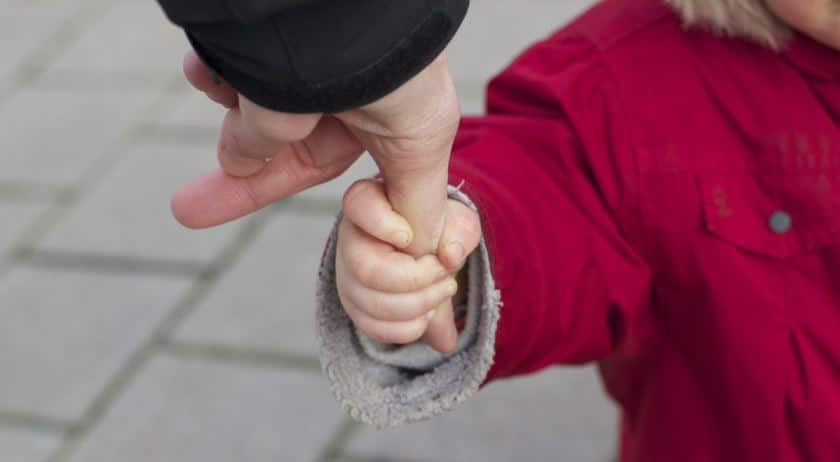EMPATHIC PARENTING: WHAT IT IS AND HOW TO DO IT

It has been said about parenting that it is inconvenient when done right. Bringing up diligent, honest, humble kids can be a difficult job at the best of times, so in this article, we’ve put together a short three-step plan to empathic parenting. We hope that you will find this a great primer to your continuing education as a parent.
Parenting is right up there with the hardest jobs of every individual’s personal lives. Though it’s not hard as a soldier’s job is hard or a bricklayer’s job is hard, it is still hard at a psychological level because once we become parents, we’re painfully made aware of the amount of responsibility that is placed on our shoulders in order to mould another person who is – for the first time in our lives – truly ‘ours’.
That means whether you get the credit or not if you do it right, you most certainly will get the blame if you do it wrong.
The accepted wisdom about parenting is that there are roughly two strategies one could adopt: permissive parenting – which believes in saying yes to everything the kid asks for in the hope that they will learn all their lessons from experience – and authoritarian parenting, which relies on discipline and involves a whole lot of saying ‘no’.
However, these two are not a binary yes or no, and they often tend to fall on opposite ends of a spectrum. Now, a third form of parenting is being proven to turn out well-adjusted kids, and this is called empathic parenting, or authoritative (note the difference from ‘authoritarian’) parenting.
What is empathic parenting? Here are a few quick things you can learn about how to be an empathic parent.
- Communicate the consequences. You’re not going to say yes to everything the child says. When you say ‘no’, though, instead of asking your child to bow down to your authority, you start a dialogue with the child and explain the reasons why you’re saying no. It is the difference between ‘Clean up your room!’ to ‘If you don’t clean you room, the dust will make you cough and then you cannot go out to play with your friends.’
- Appeal to his sense of empathy. When a child is throwing a tantrum about something, you appeal to his sense of empathy. For instance, if he insists on not sharing his toys with a friend, instead of yelling at him to share or emotionally blackmailing him, you will ask in a gentle voice to think how it would make him feel if the situation was reversed. ‘Would you like it if you were in his place?’ is a great conversation started about ethical dilemmas.
- Give him your empathy. Whenever you have to say no and your child is disappointed, let him know that you understand how he feels, and that it’s natural to feel that way, and that he will learn to work through those feelings. ‘I know that cleaning your room is messy and boring,’ you may say, ‘but doing it means you won’t fall sick and therefore you will be able to play with your friends.’
Being empathic parents means treating your child as an equal, without ever resorting to the authority you have as a parent. This can be difficult, because using authority is often so much easier, but the long-term effects you will have on your child will be much more fruitful if you engage him in negotiations and empathise with him. Your parent-child bond will be that much stronger.





